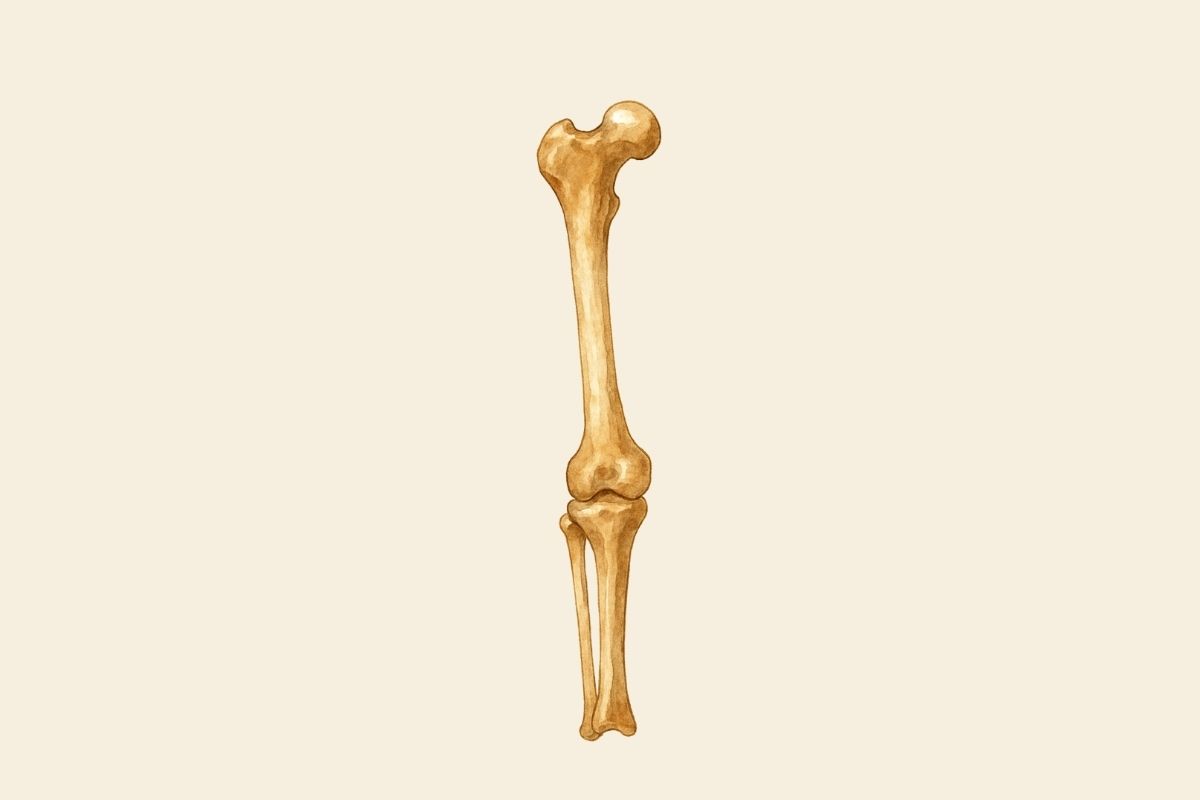Proximal Femoral Deficiency
Proximal femoral deficiency is a rare condition characterized by a developmental deficiency or abnormality of the femur close to the hip with severe functional consequences. In this disease, the femoral head is either never formed or fails to articulate properly with the acetabulum. As a result, hip stability is lost and severe limb length discrepancy, limping and restricted mobility may develop.
PFD can be recognized in childhood by gait delay, significant leg shortness or hip pain. The diagnosis is based on detailed physical examination and hip radiographs.
Treatment is planned according to the child’s age, degree of deformity and daily living skills. Surgery is among the options:
- Reconstruction of the hip joint (alignment of the socket of the hip and the head of the femur)
- Femoral neck reconstruction
- Limb lengthening procedures (ilizarov, external fixator, intramedullary nail etc.)
- Hip arthrodesis (for advanced ages).
Regular follow-up and physical therapy are indispensable in PFD, which is a long-term treatment process.
